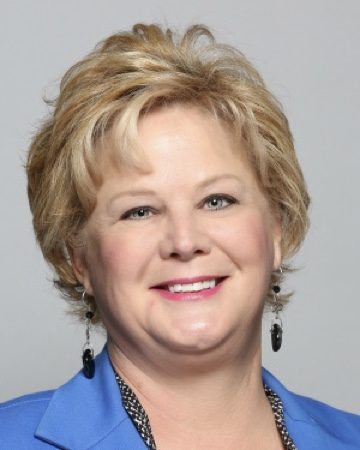
Meet Ellen and Billy and Their Dementia Journey
Ellen and Billy have been married for 65 years. At their sixtieth anniversary celebration they joked to their friends and family about “till death due us part.” Ellen is now Billy’s caregiver as he deals with late stage Alzheimer’s Disease.
Billy and Ellen remain in their home of 50 years surrounded by a strong faith community and extended family in their town. While their adult children help out, Ellen carries the heavy burden of 24/7 caregiving.
Unfortunately, Billy is wandering away from home with greater frequency. He always leaves with a plan in mind like ‘going to work’ or wanting to visit him mother who passed away decades ago. Billy usually escapes the home when Ellen is out of sight maybe doing laundry or other tasks where her mind is elsewhere.
Warning Signs for Alzheimer’s Disease
- Being preoccupied with some urge such as hunger, pain or feeling anxious.
- Poor sleep pattern where the lack of restorative sleep.
- Medication side effects.
- Overstimulation such as loud noises, crowds, unfamiliar surroundings and other stimuli.
- The opposite could cause wander as well such as the lack of stimulation and boredom.
Caregiving and Alzheimer’s Disease
Caring for a person with dementia requires 24/7 care leading to more employment problems, personal stress, mental and physical health problems, lack of sleep, less time to do the things they enjoy, less time to spend with other family members, and more family conflict than non-dementia caregivers.
Dealing with dementia-related behavior is an even bigger contributor to developing depression. Dementia-related symptoms such as wandering, agitation, hoarding, embarrassing conduct. and resistance or non-cooperation from the loved one makes every day challenging and makes it harder for a you to get rest or assistance in providing care. Which is why dependable support and respite care are essential services when caring for a person with dementia.



